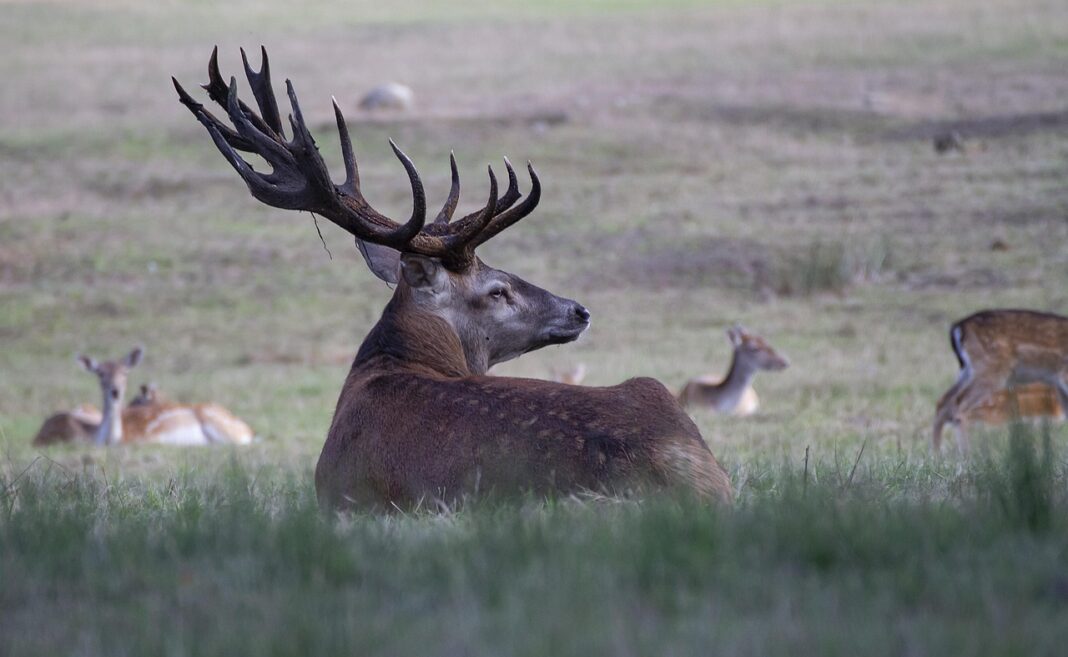From playful puppies and curious kittens to unlikely interspecies alliances, the animal kingdom is full of heartwarming tales of friendship. These bonds, often defying expectations, offer us a glimpse into the complex social lives of animals and provide valuable insights into the nature of companionship itself. This blog post explores the fascinating world of animal friendships, highlighting the different types of bonds formed, the reasons behind them, and what we can learn from these remarkable relationships.
The Science Behind Animal Friendships
Understanding Social Bonds in Animals
While we often think of friendship as a uniquely human experience, research increasingly shows that animals also form significant social bonds. These bonds aren’t always based on mutual benefit, but can arise from shared experiences, emotional connections, and even simple proximity.
- Studies have shown that elephants grieve for deceased members of their herd, exhibiting behaviors similar to human mourning.
- Wolves form strong familial bonds and cooperate in hunting and raising young.
- Prairie dogs have complex social structures and can recognize individual members of their “town,” showing preferential treatment to kin and allies.
The Role of Oxytocin
Just like in humans, the hormone oxytocin plays a crucial role in forming and maintaining social bonds in animals. Often referred to as the “love hormone,” oxytocin is released during positive social interactions and promotes feelings of trust, bonding, and empathy.
- Research has found that dogs experience a surge of oxytocin when interacting with their owners, similar to the levels observed in human mothers bonding with their babies.
- Studies on sheep have shown that oxytocin is essential for the formation of maternal bonds, allowing ewes to recognize and care for their lambs.
Interspecies Friendships: When Different Worlds Collide
Unlikely Alliances
Perhaps the most captivating examples of animal friendships are those that occur between different species. These relationships challenge our assumptions about predator-prey dynamics and highlight the capacity for animals to form bonds beyond their own kind.
- The Story of Owen and Mzee: A baby hippopotamus named Owen formed an unlikely bond with a 130-year-old Aldabran tortoise named Mzee after being orphaned during the 2004 tsunami. Their story became a symbol of hope and the power of companionship.
- Dogs and Ducks: Countless examples exist of dogs and ducks living together harmoniously, often with the dog acting as a protector to the ducklings. The inherent playfulness of dogs and the nurturing instincts of ducks can create a unique dynamic.
Why Interspecies Friendships Happen
Several factors can contribute to the formation of interspecies friendships:
- Early Socialization: Animals raised together from a young age are more likely to form bonds, regardless of species.
- Lack of Threat: When animals perceive each other as non-threatening, the natural instincts of predator and prey are suppressed.
- Shared Environment: Animals living in close proximity and sharing resources may develop tolerance and even affection for each other.
- Companionship: Sometimes, animals simply seek companionship and find it in an unexpected source.
The Benefits of Friendship for Animals
Enhanced Well-being
Friendship provides animals with a range of benefits that contribute to their overall well-being:
- Reduced Stress: Social interaction can lower cortisol levels, reducing stress and anxiety.
- Increased Lifespan: Studies have shown that animals with strong social bonds tend to live longer.
- Improved Immune Function: Social interaction can boost the immune system, making animals more resistant to disease.
- Enhanced Learning: Animals can learn from each other through observation and imitation.
Cooperative Hunting and Protection
In some species, friendship plays a crucial role in survival by facilitating cooperative hunting and providing protection from predators.
- Wolves hunt in packs, relying on teamwork and communication to bring down prey.
- Meerkats live in highly social groups, with individuals taking turns as sentinels to watch for danger.
- Dolphins work together to herd fish, increasing their chances of a successful catch.
How to Encourage Healthy Social Interactions in Pets
Creating Opportunities for Socialization
Providing your pets with opportunities to socialize with other animals can greatly enhance their quality of life. However, it’s important to introduce them gradually and supervise their interactions to ensure their safety and well-being.
- Puppy Classes: Enrolling puppies in socialization classes can help them develop positive social skills early on.
- Dog Parks: Dog parks can be a great place for dogs to meet and play with other dogs, but it’s important to choose a park that is well-maintained and has responsible owners.
- Playdates: Arranging playdates with other pet owners can provide your pet with a safe and controlled environment for socializing.
Understanding Pet Personalities
Not all pets are naturally social, and it’s important to respect their individual personalities and preferences. Some pets may prefer to be alone, while others thrive in social settings.
- Observe your pet’s behavior: Pay attention to your pet’s body language when interacting with other animals. If they seem stressed or uncomfortable, it’s best to remove them from the situation.
- Provide safe spaces: Ensure that your pet has a safe space to retreat to if they feel overwhelmed or need some alone time.
- Avoid forcing interactions: Never force your pet to interact with other animals if they are not comfortable doing so.
Conclusion
Animal friendships offer a profound lesson in compassion, tolerance, and the interconnectedness of all living beings. From the scientific evidence supporting social bonds to the heartwarming stories of unlikely alliances, the animal kingdom reminds us that friendship knows no boundaries. By understanding the importance of social interaction for animals and providing them with opportunities to form positive relationships, we can contribute to their well-being and create a more harmonious world for all.



